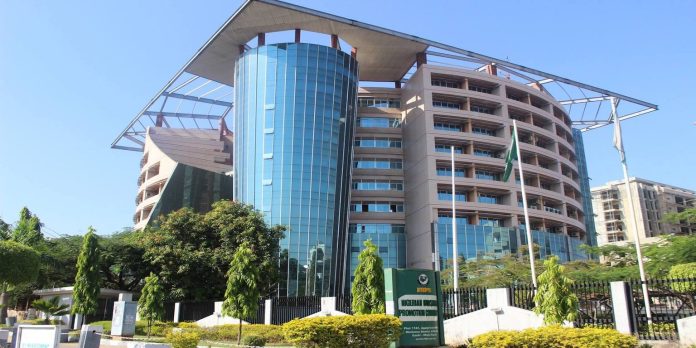The Nigerian Communications Commission (NCC) has intensified its regulatory reforms and consumer protection drive this October, reinforcing its role as a leading digital economy regulator and demonstrating a firm commitment to strengthening governance, service quality, and cybersecurity across Nigeria’s telecoms sector.
Under the leadership of Dr. Aminu Maida, Executive Vice Chairman, the Commission rolled out a series of strategic initiatives aimed at enhancing transparency, protecting consumers, and ensuring that telecom operators adhere to the highest standards of corporate governance and service delivery.
New Corporate Governance Framework for Operators
This month, the NCC began enforcing its newly introduced Corporate Governance Guidelines (2025) for telecom operators. The framework mandates stricter board structures, clearer separation of powers between chairpersons and chief executives, and enhanced internal control systems within licensed telecom companies.
According to the Commission, the policy seeks to strengthen accountability and risk management, while also aligning Nigeria’s telecoms industry with global best practices. Licensees are now required to submit mid-year and annual governance compliance reports, with sanctions awaiting defaulters.
“Strong governance is the foundation of investor confidence and service reliability,” Dr. Maida said, adding that the framework ensures operators maintain transparency and integrity as the industry expands.
Consumer Experience and Service Quality Drive
As part of its October consumer protection campaign, the NCC launched new measures to address Quality of Experience (QoE) challenges across networks. The Commission revealed plans to deploy a national service quality mapping tool to help Nigerians check mobile network performance in real time.
This initiative comes amid growing consumer complaints about poor connectivity, dropped calls, and data depletion. The NCC also ordered telecom operators to publish transparent tariff structures and simplify their data and voice rate tables for public access.
Dr. Maida assured subscribers that the Commission is prioritising network upgrades and has directed operators to commit more investment toward infrastructure expansion, particularly in underserved areas.
Cybersecurity and Infrastructure Protection
Recognising the rising threats of cyberattacks and vandalism, the NCC this month intensified collaboration with national security agencies and industry stakeholders to safeguard Critical National Information Infrastructure (CNII).
The Commission also began work on a telecom sector cybersecurity framework, which will define minimum security standards, reporting obligations, and incident management protocols for network operators.
Officials say the policy will help the sector respond proactively to the growing risks associated with 5G networks, Artificial Intelligence, and the Internet of Things (IoT).
Legal and Regulatory Overhaul
In continuation of its broader reform agenda, the NCC announced progress in its ongoing review of the Nigerian Communications Act (2003) — the primary law governing the telecoms industry. The review aims to modernise the legal framework to reflect emerging digital technologies and create a more innovation-friendly regulatory environment.
The revised Act, expected to be finalised in 2026, will introduce technology-neutral regulations, promote infrastructure sharing, and improve synergy with complementary laws in cybersecurity, data protection, and digital economy policy.
Outlook
Analysts note that these reforms, particularly those unveiled in October, demonstrate the NCC’s evolution from a compliance watchdog to a strategic enabler of Nigeria’s digital transformation. With the telecoms sector projected to exceed $22 billion by 2029, stakeholders believe the Commission’s regulatory foresight will be pivotal in sustaining investor confidence and improving consumer satisfaction.
Through stronger governance rules, better consumer safeguards, and a focus on cybersecurity resilience, the NCC continues to shape the foundation of Nigeria’s connected and secure digital future.




